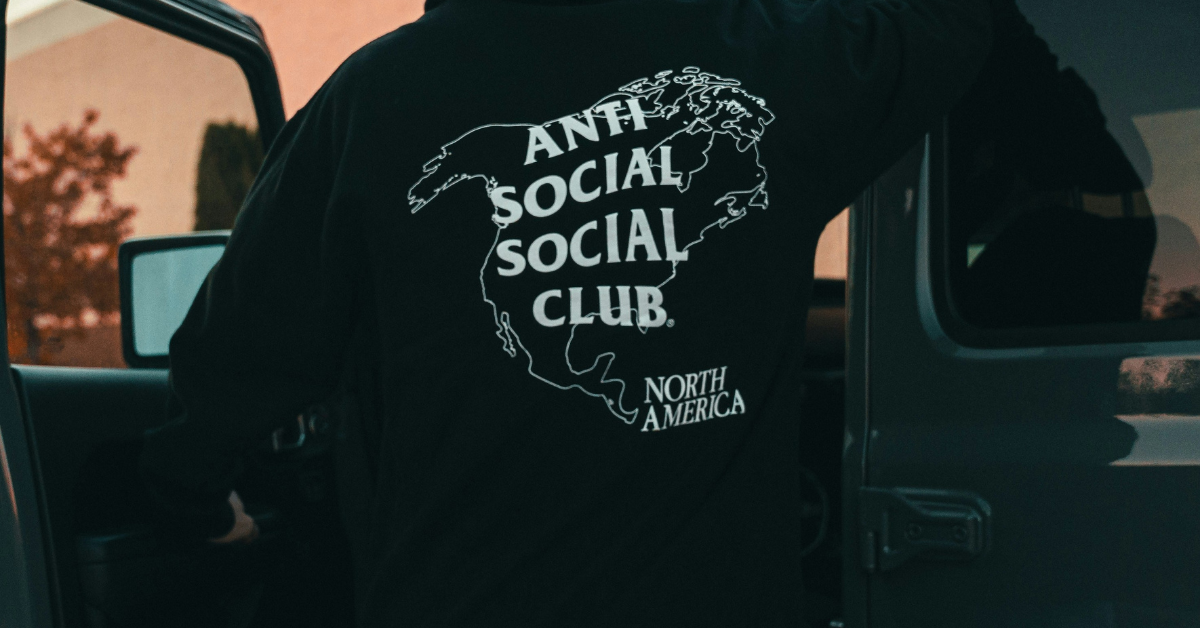What is a Lifestyle Brand?
3 MIN READ
Brands with Benefits: Why Consumers Fall for Brands that Reflect Our Values
If the American Marketing Association is to be believed, a lifestyle brand is “a company that markets its products or services to embody the interests, attitudes, and opinions of a group… with the goal of their products contributing to the definition of the consumer’s way of life.” Sounds simple enough. But by this definition, almost any brand could claim to be a part of this group. Aren’t most brands looking to connect with consumers via their interests, attitudes, and/or opinions? Don’t they all purport to improve consumers’ lives, whether quantitatively or qualitatively? And if everyone is a lifestyle brand, does that mean no one is?
That’s why our definition goes a bit deeper.
A true lifestyle brand doesn’t just sell a product—it sells an identity. It cultivates a persona and connects to consumers through that persona’s values, aspirations, and emotional life.
Take Patagonia, for example. If you were to ask what they sell, we’d say they sell outdoor recreational gear. But if you were to ask us on a deeper level, we’d say they sell respect for nature, grassroots environmental activism, and the feeling you get when you reach the summit of a mountain. They sell a set of ethics with a side of adventure, and that is what people are buying.
It seems obvious that many consumers actively choose to support companies that align with their values, and that is often how it starts. But the sustained, long-term relationship that develops happens on a much more subconscious level. Humans crave belonging. We want to be seen and understood, and we are driven by a fundamental need to build meaningful connections. And as it turns out, we don’t just reserve those bonds for other people. Research shows that we form relationships with brands in much the same way we do with one another. Not only that, but consumers have been known to use brands to help construct and express their identities. When a brand is associated with or embodies a group that the consumer aspires to be part of, their emotional connection and loyalty to that brand deepen even further.
In other words, we identify with and stay loyal to the brands that befriend us—and no one wants to break up with their friends.
It’s also important to recognize what a lifestyle brand is not. Apple, for example, is a beloved brand with a devoted customer base that sells beautifully designed products and inspires feelings of creativity and individuality…But those feelings are byproducts of excellent product design and marketing rather than a cultivated way of life. The sense of self one might feel when they hold an iPhone likely comes from the product experience itself, rather than a deeper alignment with a set of beliefs about the world.
Understanding this distinction is crucial because it helps clarify what truly drives long-term emotional loyalty. If every brand assumes it is a lifestyle brand simply because customers feel good using their product, they risk missing the opportunity to create a lasting relationship built on shared values and identity.
At Branch & Bramble, we target customers who don’t just want to buy something. We find customers who want to belong somewhere and build campaigns that invite them in, reflect who they aspire to be, and keep them coming back for more.











